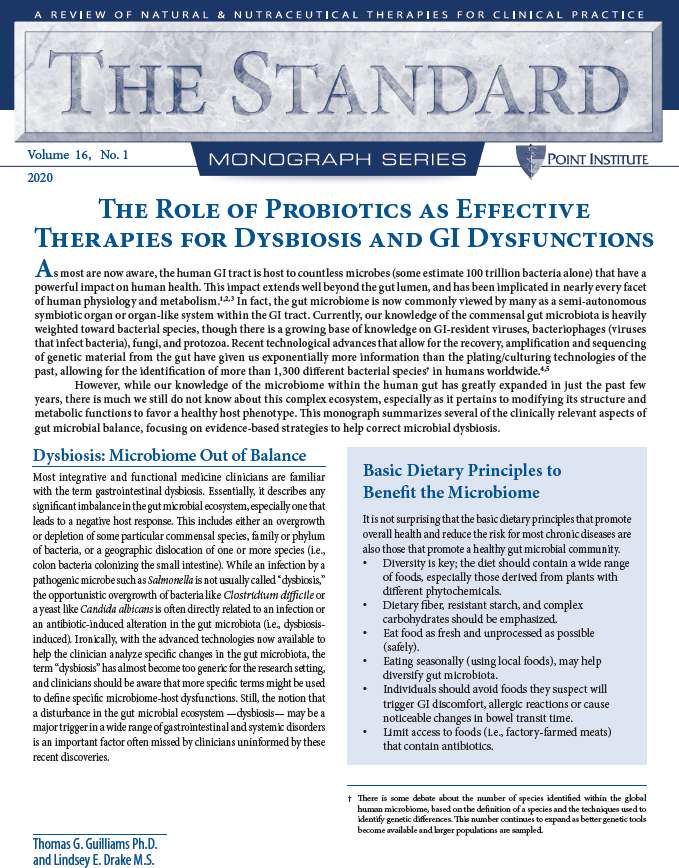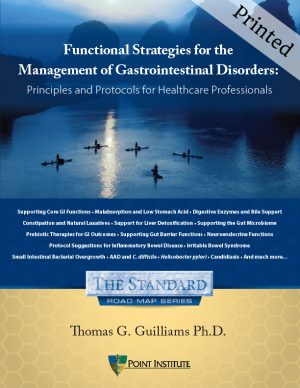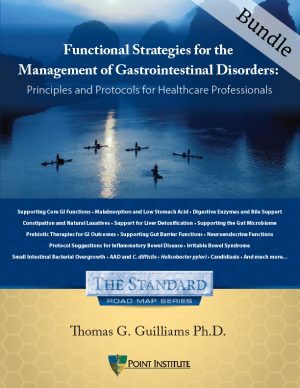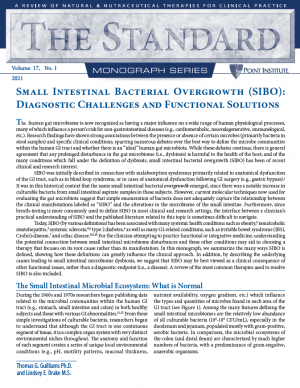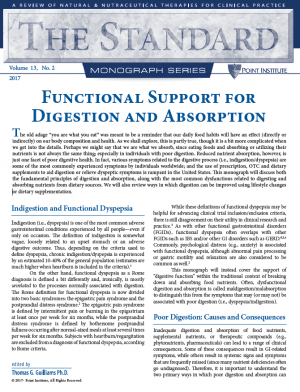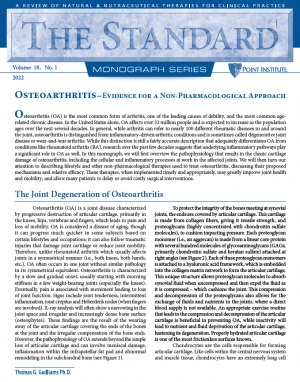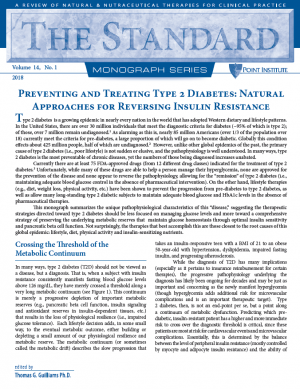Description
As most are now aware, the human GI tract is host to countless microbes (some estimate 100 trillion bacteria alone) that have a powerful impact on human health. This impact extends well beyond the gut lumen, and has been implicated in nearly every facet of human physiology and metabolism. In fact, the gut microbiome is now commonly viewed by many as a semi-autonomous symbiotic organ or organ-like system within the GI tract. Currently, our knowledge of the commensal gut microbiota is heavily weighted toward bacterial species, though there is a growing base of knowledge on GI-resident viruses, bacteriophages (viruses that infect bacteria), fungi, and protozoa. Recent technological advances that allow for the recovery, amplification and sequencing of genetic material from the gut have given us exponentially more information than the plating/culturing technologies of the past, allowing for the identification of more than 1,300 different bacterial species in humans worldwide.
However, while our knowledge of the microbiome within the human gut has greatly expanded in just the past few years, there is much we still do not know about this complex ecosystem, especially as it pertains to modifying its structure and metabolic functions to favor a healthy host phenotype. This monograph summarizes several of the clinically relevant aspects of gut microbial balance, focusing on evidence-based strategies to help correct microbial dysbiosis.

